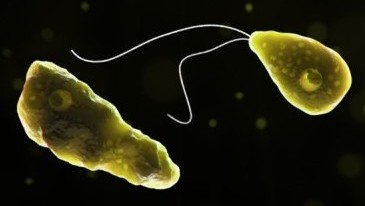Tragic Sixth Death from Brain-Eating Amoeba in Kerala
In a heartbreaking turn, a 47-year-old man from Malappuram district in northern Kerala has lost his life to amoebic meningoencephalitis, the deadly brain-eating amoeba infection. This marks the sixth such fatality in the state this month alone, raising serious alarm among health experts.
Shaji, from Chelempra Chaliparambu in Malappuram, rushed to Kozhikode Medical College Hospital (KMCH) on August 9 as his health took a sharp nosedive. Despite treatment, he couldn’t beat the infection. Local health officials told media that Shaji already battled liver issues, and the medicines just didn’t work for him. They confirmed his death late Wednesday night, but the source of his amoebic meningoencephalitis infection remains a mystery.
This isn’t an isolated case. Just earlier this week, another victim—a woman from Vandur in the same district—passed away at KMCH from the same brain infection. And on Wednesday, tests revealed two fresh cases: a 10-year-old girl and another woman who now battle amoebic meningoencephalitis.
Health officials report that a total of 10 patients with this rare brain-eating amoeba are currently under treatment at various hospitals, including KMCH. One of them is in critical condition. These patients have been fighting the infection for over a month now.
The big challenge? Authorities still can’t pinpoint where this amoeba is coming from. This has made it tough to curb the spread, especially in northern Kerala. Over the past month, the region has seen six deaths, including a heartbreaking loss of a three-month-old infant and a nine-year-old girl.
With these back-to-back tragedies, Kerala’s health teams are stepping up efforts. They’re ramping up monitoring and launching awareness drives to educate people about amoebic meningoencephalitis prevention. Remember, this waterborne amoeba, often Naegleria fowleri, sneaks into the body through the nose during swims or dives in contaminated freshwater. From there, it heads straight to the brain, causing deadly swelling and damage.
Good news is, it’s not contagious—you can’t catch it from others or by drinking tainted water. Experts point to climate change and better detection as reasons behind the recent spike in brain-eating amoeba cases in Kerala. Stay safe, folks: Avoid untreated water bodies, and if you’re in high-risk areas like Malappuram, keep an eye on health updates.
Stay informed on all the latest news, real-time breaking news updates, and follow all the important headlines in world News on Latest NewsX. Follow us on social media Facebook, Twitter(X), Gettr and subscribe our Youtube Channel.



